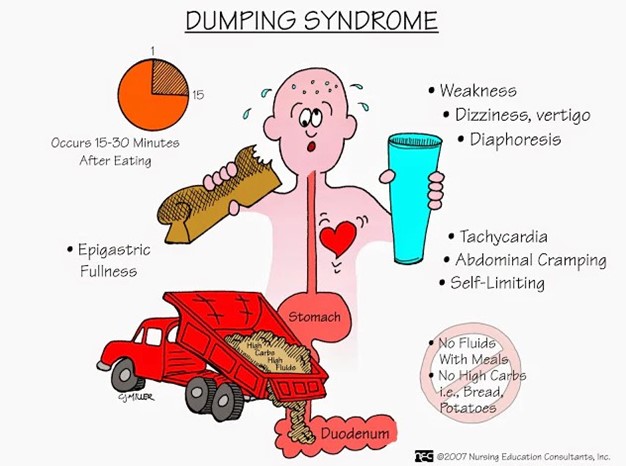The nurse suspects the 4-year-old client is having a recurrence of minimal change nephrotic syndrome (MCNS). Which signs or symptoms would the nurse observe in the client?
Proteinuria
Hypocalcemia
Hypoalbuminemia
Positive for Ketones
The Correct Answer is A
The signs or symptoms the nurse would observe in a 4-year-old client experiencing a recurrence of minimal change nephrotic syndrome (MCNS) include:
- MCNS is characterized by increased glomerular permeability, leading to the loss of protein, particularly albumin, in the urine. Proteinuria is a hallmark feature of MCNS and is usually detected through urine testing.
- Due to the excessive loss of protein in the urine, particularly albumin, the client with MCNS may have low levels of albumin in the blood. Hypoalbuminemia can result in various complications, such as edema formation and impaired immune function. However this is not a sign or symptom.
- Edema is a common symptom of MCNS and typically presents as swelling in the face, around the eyes, and in the extremities. This is a result of the fluid shifts and fluid retention caused by the altered glomerular function and hypoalbuminemia.
Hypocalcemia and ketones in the urine are not typically associated with MCNS. Hypocalcemia can occur in some types of kidney disease, but it is not a characteristic feature of MCNS. Ketones in the urine are more commonly associated with conditions like diabetic ketoacidosis or inadequate carbohydrate intake.
Nursing Test Bank
Naxlex Comprehensive Predictor Exams
Related Questions
Correct Answer is B
Explanation
A likely cause of a low sodium level (hyponatremia) of 128 mEq/L is the administration of hypotonic IV fluids. Hypotonic IV fluids have a lower concentration of solutes compared to the body's fluids, which can lead to dilutional hyponatremia. When these fluids are administered, they can cause water to move into the cells, diluting the sodium concentration in the bloodstream.
Correct Answer is B
Explanation
Dumping syndrome is a common complication after Gastric Bypass surgery, where food moves too quickly from the stomach to the small intestine. It occurs when the undigested contents of the stomach are "dumped" rapidly into the small intestine, leading to symptoms such as nausea, vomiting, abdominal cramps, diarrhea, lightheadedness, and sweating.
To manage dumping syndrome, it is important for the client to avoid foods and beverages that are high in sugar and carbohydrates. Consuming these types of foods can trigger rapid gastric emptying and exacerbate the symptoms. Instead, the client should focus on a well-balanced diet that includes lean proteins, healthy fats, and complex carbohydrates.

Whether you are a student looking to ace your exams or a practicing nurse seeking to enhance your expertise , our nursing education contents will empower you with the confidence and competence to make a difference in the lives of patients and become a respected leader in the healthcare field.
Visit Naxlex, invest in your future and unlock endless possibilities with our unparalleled nursing education contents today
Report Wrong Answer on the Current Question
Do you disagree with the answer? If yes, what is your expected answer? Explain.
Kindly be descriptive with the issue you are facing.
